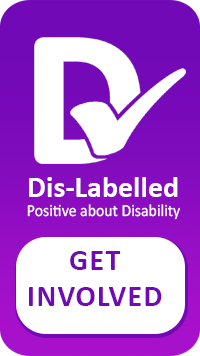Access to Work is a publicly funded employment support program that aims to help more disabled people start or stay in work. It can provide practical and financial support if you have a disability or long term physical or mental health condition.

An Access to Work grant can pay for practical support to help you:
- Start working
- Stay in work
- Move into self-employment or start a business
The grant is not for business start-up costs.
How much you get depends on your circumstances. The money doesn’t have to be paid back and will not affect your other benefits.
How can it help me?
Access to Work can help pay for support you may need because of your disability or long term health condition, for example:
- Aid and equipment in your workplace
- Adapting equipment to make it easier for you to use
- Money towards any extra travel costs to and from work if you can’t use available public transport, or if you need help to adapt your vehicle
- An interpreter or other support at a job interview if you have difficulty communicating
- Other practical help at work, such as a job coach or a note taker or lip speaker
Eligibility
You can apply for Access to Work if you:
- Are normally resident in, and working in Great Britain
- Have a disability or long term health condition that means you need an aid, adaptation or financial or human support to do your job (long term means lasting or likely to last for at least 12 months)
- Have a mental health condition and need support in work
- Are aged 16 or over
You must also:
- Already be doing paid work
- Be about to start work or become self-employed
- Have an interview for a job
- Be about to begin a work trial or start work experience under the Youth Contract arranged through Jobcentre Plus
What you’ll get
There is no set amount for an Access to Work grant. How much you get depends on your specific case. The grant will only cover the support needed to let you stay in work or self-employed.
The money can pay for things like:
- Changes to the equipment you use
- Special equipment
- Fares to work if you can’t use public transport
- A support worker or job coach to help you in your workplace
- A BSL interpreter, Communication Support Worker, Lip Speaker, Note taker.
- A support service if you have a mental health condition and you’re absent from work or finding it difficult to work
- Disability awareness training for your colleagues
- Someone to help you at a job interview
- The cost of moving your equipment if you change location or job
For more information or support with how to apply for funding please contact us.

